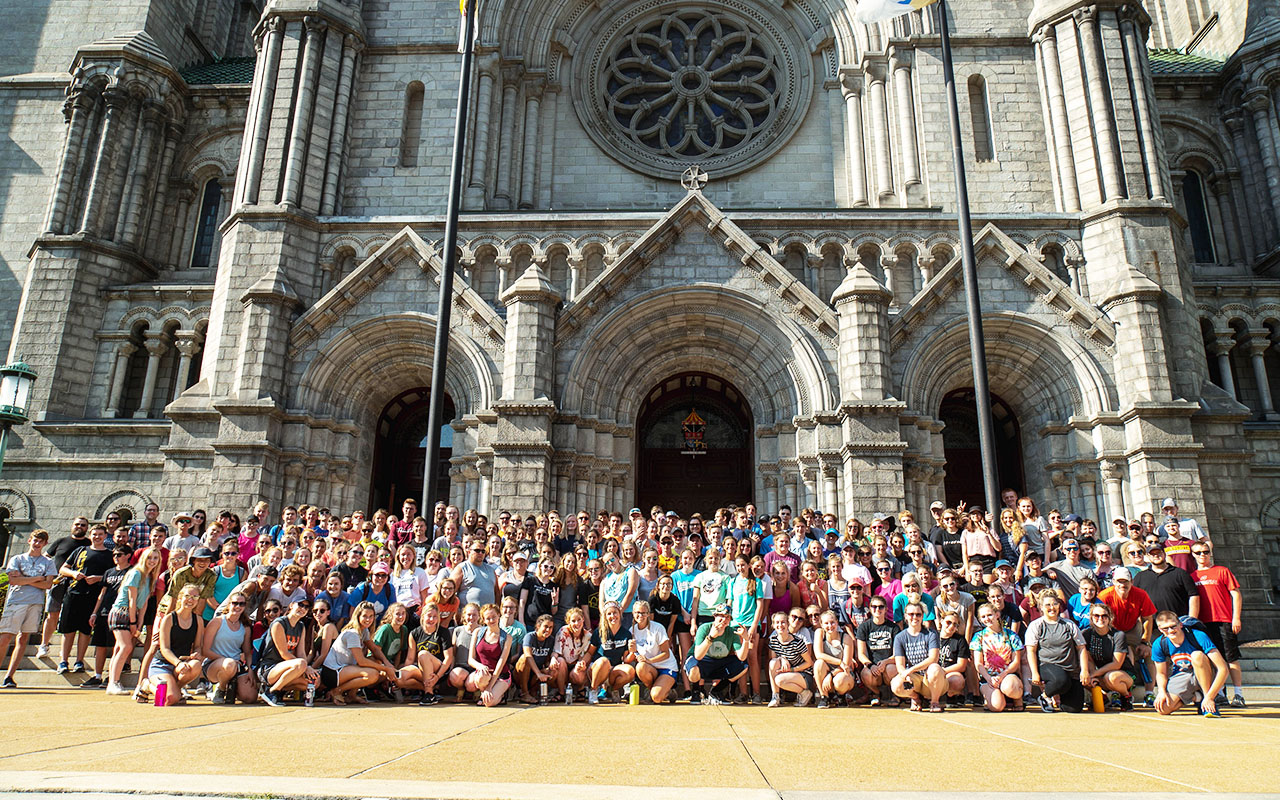The Baha’i teachings present a profound approach to the duality of human emotions, particularly focusing on the transformative power of love as a counterbalance to fear. This guide endeavors to elucidate the profound ways through which individuals can replace fear with love, exploring the intricacies of this philosophical shift and the promises it holds. At the heart of Baha’i philosophy is the conviction that love is not merely an emotional state but a divine force that propels humanity towards unity and harmony.
Fear, a ubiquitous response to perceived threats, manifests in myriad forms: anxiety, prejudice, and even hatred. The Baha’i teachings assert that these emotional reactions often arise from ignorance and separation. In contrast, love engenders understanding, empathy, and ultimately, connection. The crux of replacing fear with love lies in fostering an environment conducive to understanding and compassion.
Understanding the Nature of Fear
To effectively counter fear with love, one must first comprehend its essence. Fear often germinates from uncertainty about the future or discomfort with the unfamiliar. The Baha’i perspective posits that fear is rooted in a lack of knowledge. When individuals are unable to comprehend the complexities of life and the multifaceted nature of existence, they may resort to fear as a defense mechanism.
This avoidance can perpetuate cycles of misunderstanding and division. However, the Baha’i teachings encourage the cultivation of knowledge as a remedy to fear. By acquiring knowledge about different cultures, traditions, and beliefs, individuals can dismantle the walls of misunderstanding that fear erects. In this regard, education emerges as a pivotal tool in the pursuit of love.
The Transformative Power of Love
Love, as envisioned in the Baha’i faith, transcends mere affection. It embodies a selfless commitment to the well-being of others. When individuals replace fear with love, they begin to experience a shift in perception. This shift facilitates a broader understanding of human experiences and fosters a sense of interconnectedness among all people.
Moreover, the Baha’i writings emphasize that love is inherently creative. It inspires individuals to pursue justice, service, and altruism. This creative force catalyzes positively transformative actions within communities, leading to social and spiritual progress. The act of loving, thus, becomes a fundamental principle guiding actions, aligning individuals with a higher purpose.
Practicing Forgiveness
Forgiveness is an indispensable facet of the journey from fear to love. Holding onto grievances often magnifies feelings of fear and resentment. The Baha’i teachings advocate for the practice of forgiveness as a means to liberate oneself from the shackles of past grievances and to cultivate a heart open to love. This act of kindness fosters healing, both individually and collectively.
To develop the capacity for forgiveness, individuals must engage in introspective practices. Reflecting on one’s own imperfections can engender empathy towards others. The realization that all fallible beings exist within the same human experience can promote a sense of shared vulnerability, paving the way for love to flourish.
Fostering Empathy and Understanding
Empathy serves as a bridge between the realms of fear and love. By placing oneself in another’s position, one can begin to dismantle the barriers created by fear. The Baha’i teachings advocate for active listening and genuine inquiry into the lives of others. Such actions promote mutual understanding, fostering an atmosphere where love can thrive.
The importance of dialogue cannot be overstated. Engaging in open conversations can afford insights that dismantle biases and misconceptions. Compassionate dialogue encourages individuals to address fears directly, transforming adversarial relationships into collaborative partnerships for positive change.
The Role of Spiritual Practices
Integral to the Baha’i faith are spiritual practices that serve as catalysts for the development of love. Prayer and meditation provide individuals with the opportunity to reflect, seek divine guidance, and cultivate inner peace. Such practices not only foster personal growth but also prepare individuals to face external challenges with grace and equanimity.
The act of prayer also connects individuals to a higher purpose, reminding them of their responsibilities towards others. When individuals seek to embody love in their daily lives, they become agents of change in their communities, illustrating the profound effects of spiritual devotion.
Creating Communities of Love
Communities play a crucial role in the collective endeavor to replace fear with love. Baha’i teachings emphasize the importance of unity and solidarity. By creating spaces that celebrate diversity and promote inclusivity, communities can cultivate an atmosphere where love prevails over fear.
Moreover, service to others is paramount in this quest. Engaging in acts of service cultivates a spirit of love and connection. Through shared experiences of compassion, individuals can witness the beauty of humanity and confront their own fears, ultimately leading to a transformed perception of the world.
The Promise of a Renewed Perspective
Ultimately, the Baha’i perspective promises a profound shift in how individuals engage with the world. By replacing fear with love, not only do individuals alter their internal landscapes, but they also contribute to a global renaissance characterized by unity and peace. The teachings offer a pathway towards a more loving and compassionate existence.
This journey, while deeply individualistic, extends its implications to the collective fabric of society. The invitation to replace fear with love is a call to action, one that transcends personal boundaries and challenges individuals to embrace a more unified humanity. Through this transformation, the Baha’i teachings reveal a hopeful vista—one in which love, not fear, shapes the destiny of humankind.
